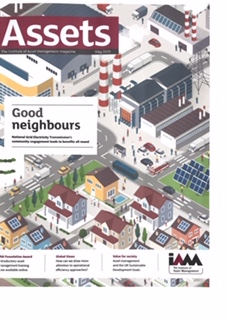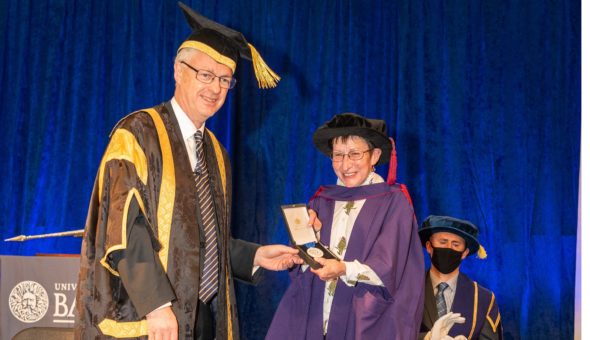An article within the Feb 2020 edition of Assets, the magazine for members of the Institute of Asset Management (IAM), claimed that operational efficiency receives little attention in the asset management landscape. Dr Susan Lattanzio was one of a number of experts asked whether they supported this view. Within her response (Assets, May 2020 p.13) she proposes that organisations with mature asset management systems understand the benefits of operational efficiency and will have incorporated this thinking within their processes. For these, it is not a question of encouraging them to manage their operational efficiency – they are already doing this - it is about equipping them with the transdisciplinary tools and skills so they can balance operational efficiency against their other organisational objectives.
Managing assets and asset management are not the same thing. Although there is a long history of caring for assets (managing assets), the structured approach for deriving value from assets (asset management) is an emerging discipline. Ultimately, asset management is about realising value from assets which contributes towards achieving an organisation’s objectives.
Improvements in operational efficiency usually look to reduce waste and improve financial performance. Whilst this is important, a responsible asset owning organization will have objectives which encompass a range of economic, environmental and societal criteria such as return on assets, carbon emissions, and employee satisfaction. Therefore, organisations should look to achieve a balance across all the criteria they value.
Optimisation across a range of disparate criteria is not simple. It requires bringing together competing values, often with different units of measurement. Although holistic thinking is deeply embedded within asset management practice, in general, engineering education will not have equipped practitioners with the “human” or disciplinary skills required to identify everything which has value, or to create multi-criteria optimisation tools which bring together these elements. For effective practice, the asset management body of knowledge needs to ensure that it is providing the transdisciplinary tools and skills to bridge this gap.
Respond


